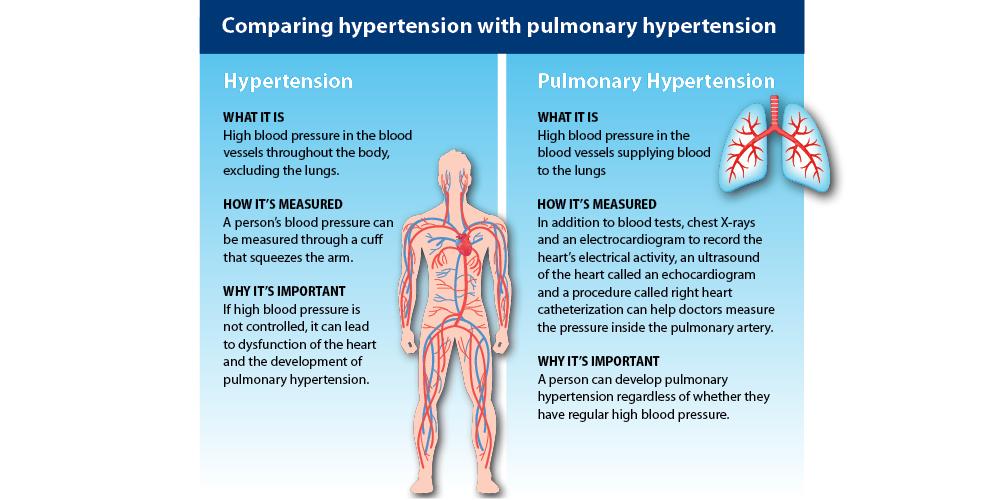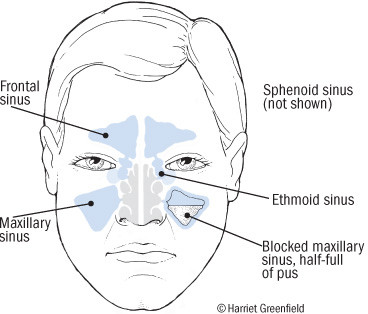The rotator cuff, comprising the supraspinatus, infraspinatus, teres minor, and subscapularis muscles, is crucial for stabilizing the shoulder and facilitating a wide range of motion. Rotator cuff tendinitis, a common cause of shoulder pain, can result from activities such as swinging a tennis racket, gardening, or even simple motions like reaching overhead or behind. This condition typically worsens over time, presenting symptoms like pain and swelling in the shoulder and arm, especially during movement.
Effective management of rotator cuff tendinitis involves simple home therapies. Harvard Health suggests that most rotator cuff injuries, including tendonitis and tears, can improve significantly within four to six weeks with appropriate treatment, which may include injections. It’s important to note that without proper intervention, symptoms can persist for months or even years, often worsening over time.
In cases of rotator cuff tear arthropathy, a combination of shoulder arthritis and a large rotator cuff tear, patients experience progressive pain, debilitation, and limited arm use. This condition highlights the importance of early and effective treatment for rotator cuff issues.
Preventative measures are key in avoiding rotator cuff injuries. For those experiencing symptoms, it’s advisable to consult an orthopedic shoulder specialist, particularly if symptoms like a deep ache in the shoulder, nighttime pain affecting sleep, or gradual weakness are present. These symptoms could indicate a rotator cuff injury, which may occur suddenly due to an accident or gradually due to repetitive activities.
Overuse or acute injuries can lead to rotator cuff tendinitis, impingement, or bursitis, causing pain during overhead movements or when moving the arm away from the body. This pain typically develops gradually but can also result from a specific injury.

For more in-depth information, visit Harvard Health and the Hospital for Special Surgery. These resources provide valuable insights into the causes, symptoms, and treatment of rotator cuff injuries.


